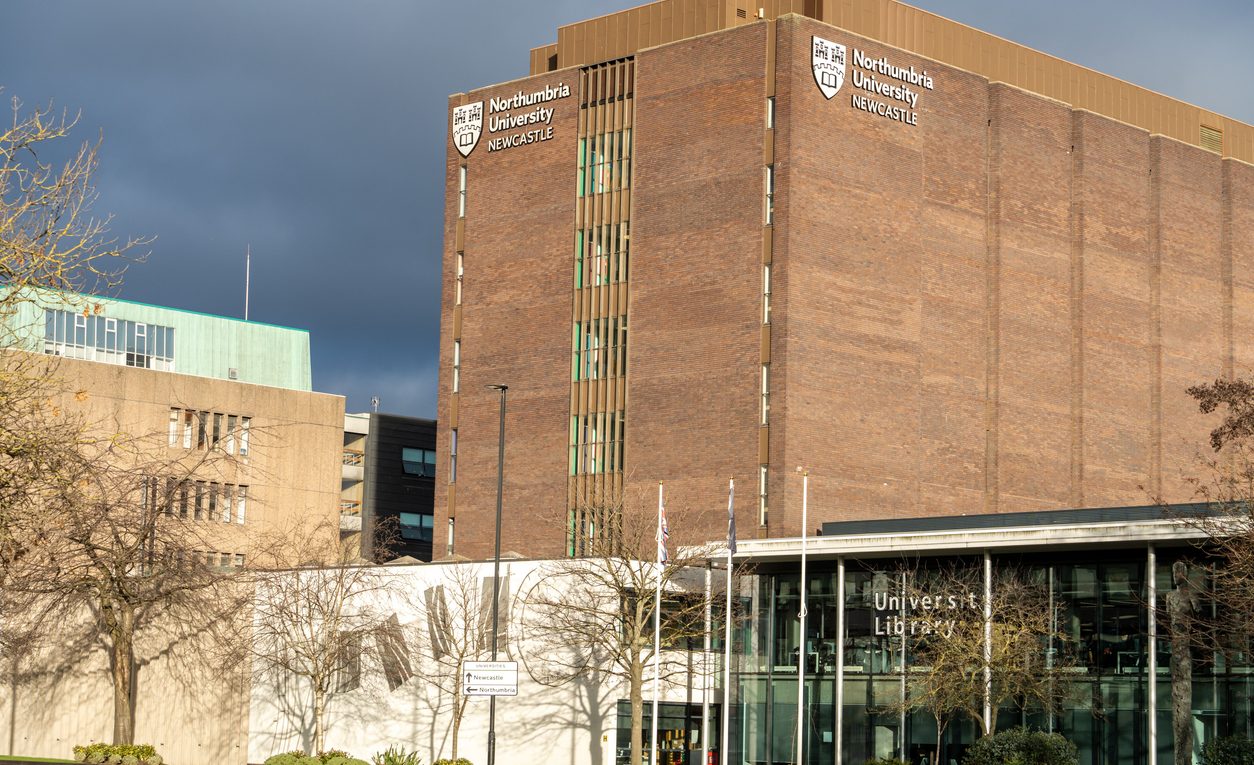Statement on BA and Foundation Year in Music at Northumbria University
Statement from the Royal Musical Association on the Proposed Suspension of Recruitment to the BA and Foundation Year in Music at Northumbria University
21 November 2025
We write, as the oldest, largest and most prestigious learned society for music in the UK, to protest the decision by Northumbria University to cease recruitment on the BA and Foundation Year in music. Teaching on these programmes only began five years ago in 2020 – a period that included the COVID pandemic’s disruptions to normal activities – and the degree in particular is already having a positive impact on university life, as demonstrated by the exponential growth of the University Music Society in recent years. While the numbers on the BA are currently small, programmes require time to embed themselves in the consciousness of the prospective student body, and the many signs of interest in it bode well for its future development. If the BA were to close now, an opportunity to grow the subject at Northumbria University would be missed.
Music at Northumbria is closely (and impressively) matched to university strategies and objectives – ‘powering an inclusive economy’, ‘creating new knowledge’ and ‘driving social mobility’. Northumbria’s FY and BA in Music have already produced highly employable graduates, many of whom come from widening-participation backgrounds. The ‘experiential learning’ championed by the university is also amply demonstrated by the BA in Music’s focus on music education and on equipping students with the skills to succeed as music teachers. There is a compulsory module on music education in the first year, and students in the second and third year have opportunities to carry out placements in local schools and other educational environments. In short, the BA in Music is directly helping to address the proven shortage of music teachers in North-East schools. The decision to close the degree, as well as the Foundation Year in Music, is short-sighted and detrimental both to current student experience and to the future opportunities of young people in the North East. It is in direct conflict with the stated economic and social priorities and ambitions not only of Northumbria but of its partners, of local and national government, and of the wider cultural sector.
The current President of the RMA, Professor Simon Keefe, was involved in the appointment of music staff to teach on the BA in Music, and was consulted about the content and orientation of the programme. He can attest not only to the deep commitment of the staff to the degree, but also to the exciting programme of study. As eminent musicians native to the North East, Sam Fender and Sting have recently emphasized in the press the remarkable status of this musical region, which punches well above its weight. Cancelling the BA in Music at Northumbria would run counter to a North-East narrative of musical optimism, potential and achievement. We urge Northumbria University to reverse its decision to terminate the degree and to continue to support and invest in undergraduate music in order to enable it to thrive.
The Royal Musical Association

